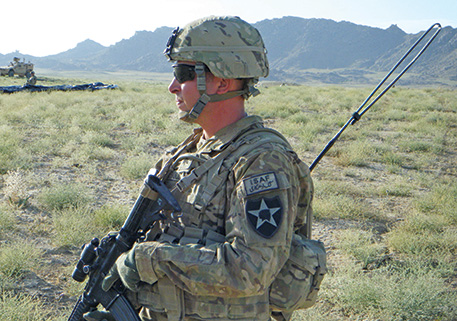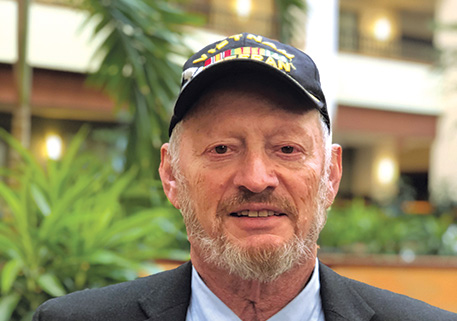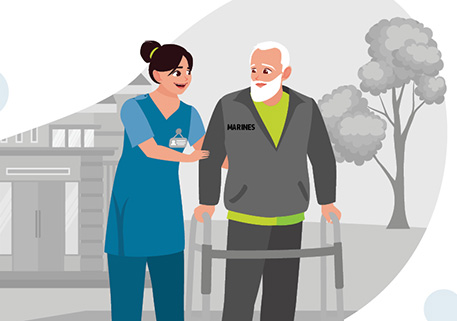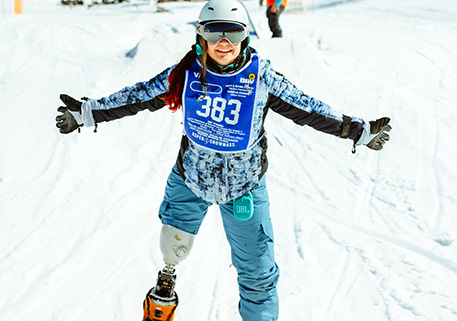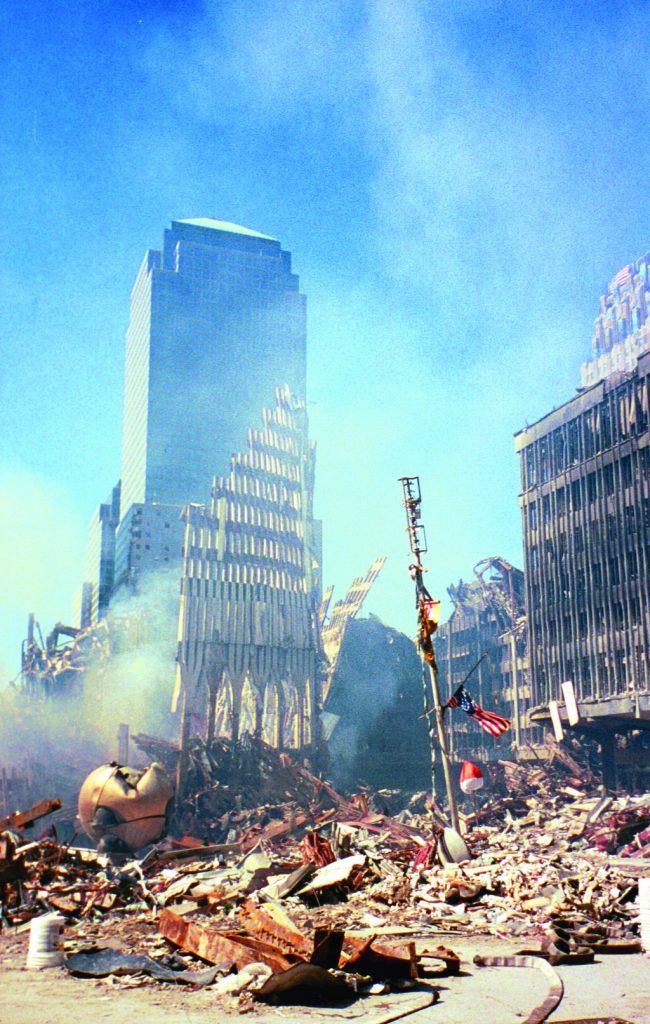
Two decades later, the terrorist attacks of 9/11 remain the defining moment of a generation of American heroes
Like the Japanese attack on Pearl Harbor and the assassination of President Kennedy, nearly everyone alive on Sept. 11, 2001, remembers in vivid detail exactly where they were and what they were doing when they first heard the news.
The initial shock at the sight of the black smoke billowing against the blue sky of lower Manhattan was followed by senses of confusion and uncertainty for millions of Americans. How did it happen? Was it an accident? Are the people above the smoke going to be OK?
Their questions came into focus when United Airlines Flight 175 flew into view on their television screens and exploded into a massive fireball as it tore between the 77th and 85th floors of the South Tower of the World Trade Center.
The United States was under attack, and as the day progressed, countless people around the globe helplessly witnessed the unfolding tragedy that killed nearly 3,000 people in New York, at the Pentagon and in a rural Pennsylvania field.
Days later, President George W. Bush visited ground zero and gave a speech that still echoes 20 years later. As he stood atop the smoldering rubble of the Twin Towers, rescue workers yelled out that they couldn’t hear him.
“I can hear you!” Bush replied through his bullhorn. “I can hear you. The rest of the world hears you. And the people who knocked these buildings down will hear all of us soon!”
Within hours of the attack, a DAV Transportation Network vehicle delivered 250 pints of much-needed blood from the VA medical center in Orlando, Florida, to a nearby Air Force base to be flown to New York.
Within days, DAV national service officers were near ground zero in New York and the Pentagon, providing clothing, health and comfort items and emergency relief.
It was a call to arms that encapsulated the unyielding anger and patriotism that swept an entire nation—one that was answered by millions of young Americans eager to defend their families, friends and neighbors in the days, months and years thereafter.
“I was 17 when 9/11 happened,” said David Bennett, a DAV member who deployed to Iraq in 2007. “I was in biology when the first plane struck the Twin Towers. I had already decided I wanted to be a Marine prior to all of this, but it solidified there was no other choice.”
“After Sept. 11, I felt obligated to rejoin the military and do my part,” said Bobby Body, DAV’s 2016 Outstanding Disabled Veteran of the Year. A Marine Corps veteran, Body joined the Army as an infantryman and was severely injured by a roadside bomb in Iraq in 2006.
“There was a dramatic shift in the way our country viewed the military and first responders in the aftermath of 9/11,” said National Commander Andy Marshall, who was midcareer as a DAV national service officer at the time. “Today’s veterans and service members have generally been held in higher regard in the eyes of the public than those of us who served during Vietnam—the events of that day bolstered support and gratitude for our troops.
“Of course, Vietnam veterans received a different reception. So we were just excited that history wasn’t repeating itself,” he said. “We spent decades building up the veteran community and wanted desperately to make sure newly returning veterans got the care, support and services they deserve. We wanted to take advantage of the momentum in the hopes we could get it right this time.”
The resulting groundswell of public support for the military in the aftermath of 9/11 brought significant nationwide increases in donations to nonprofit veterans service organizations such as DAV—allowing them to expand their programs and services as their need increased amid the continuation of the wars in Iraq and Afghanistan into the following two decades.
In a 2016 special report, the Department of Veterans Affairs estimated that just under 5.1 million people were expected to have served in the U.S. military since 9/11. And according to a 2018 RAND Corp. report, there were 5.4 million deployments among them—a figure that has likely increased since the report was published.
The significant growth of the VA’s budget also illustrates how the federal government reacted to its responsibility to care for those who have borne the battle. In fiscal year 2001, the department’s budget was $40 billion. For fiscal year 2021, the VA’s budget is $243 billion—a more than 500% increase since 9/11.
“As the Global War on Terrorism progressed, our nation certainly recognized the need for increased services for veterans,” said Randy Reese, executive director of DAV’s Washington Headquarters. “From VA health care to education and transition services, there has hardly been any facet of the veteran community that hasn’t been improved over the past 20 years.”
One major change for veterans was the enactment of the Post-9/11 G.I. Bill, officially known as the Post-9/11 Veterans Educational Assistance Act of 2008 (P.L. 110–252), which DAV supported when it was originally introduced by then-Sen. Jim Webb in 2007.
This landmark legislation expanded the educational benefits of the previous G.I. Bill to include funding 100% of a public four-year undergraduate education to veterans who served three years on active duty after 9/11, providing the ability for veterans to transfer their benefits to a spouse or child, and providing veterans with a living stipend based on local housing costs. As of 2019, the VA provided Post-9/11 G.I. Bill educational benefits to nearly 800,000 veterans and their families, totaling more than $12 billion.
Additionally, in 2011, the VA developed its Program of Comprehensive Assistance for Family Caregivers to provide caregivers of certain severely injured veterans with resources, education, support, a financial stipend and health insurance. DAV vigorously supported these benefits, though they were only made available to family caregivers of those injured after 9/11. After the victory, DAV fought steadfastly for years to expand those benefits. As of October 2020, the benefit is now available to veterans who became disabled before May 7, 1975. In October 2022, it will be expanded to include eligible caregivers of all eras.
“The increase in benefits and services afforded to our veterans and their families since 9/11 has been nothing short of remarkable,” said Commander Marshall. “I just wish it didn’t take a tragedy like 9/11 for all of it to happen.”
For those who remember it in such vivid detail, it seems nearly incomprehensible that it has been 20 years since that terrible day. For many, the tragic memories seem like they were created yesterday. And for those who served in the aftermath, the terrorist attacks of 9/11 remain the defining moment of a generation of American heroes who were called to service by the words of President Bush that very evening.
“A great people has been moved to defend a great nation,” he said. “Terrorist attacks can shake the foundations of our biggest buildings, but they cannot touch the foundation of America. These acts shattered steel, but they cannot dent the steel of American resolve.”



